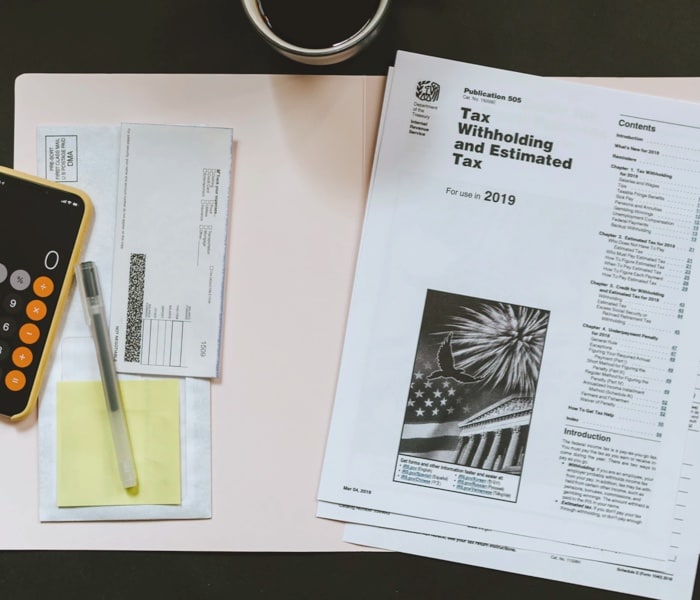Scaling-up the Use of Modernized Climate Information and Early Warning Systems (MCLIMES) Project
The Government of Malawi, with support from UNDP, successfully secured funding from the Green Climate Fund to expand the utilization of modernized early warning systems (EWS) and climate information throughout the country. This project focuses on collaborating with communities in districts prone to disasters and food insecurity to co-develop customized weather- and climate-based agricultural advisories. These advisories will be disseminated through various channels, including ICT/mobile, print, and radio. The project also aims to scale up best practices in community readiness for disaster response and mitigation of key risks. Community-based EWS has been expanded in flood-prone areas, and efforts will be made to enhance the capacity of national, district, and community levels to effectively utilize and respond to warnings.
The project has three main outputs:
- Expansion of observation networks that generate climate-related data to safeguard lives and livelihoods from extreme climate events.
- Development and dissemination of products and platforms for climate-related information/services tailored to vulnerable communities and livelihoods.
iii. Strengthening communities' capacities to utilize EWS and climate information in preparedness for and response to climate-related disasters.
Under the first output, the Department of Water Resources has successfully modernized a total of 37 hydrometric stations across Malawi. These advanced systems are utilized to measure and monitor water levels in rivers and lakes. The hydrometric stations employ a range of instruments and technologies to collect and transmit real-time data that is accurate and essential for hydrological analysis and water resource management. The stations are equipped with pressure transducer sensors, which ensure precise and reliable water level measurements. The data collected from these stations serves numerous purposes, including flood forecasting, drought monitoring, water supply management, and environmental research. The information gathered is critical for issuing timely warnings and alerts to at-risk communities, enabling them to take necessary precautions during floods. Water resource managers rely on the data to evaluate water availability, plan water allocation, and promote sustainable use of water resources. Furthermore, researchers and scientists analyze the data to study long-term trends, comprehend hydrological processes, and develop models for water resource management and assessing the impacts of climate change.

